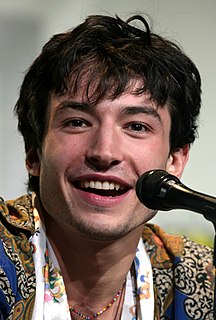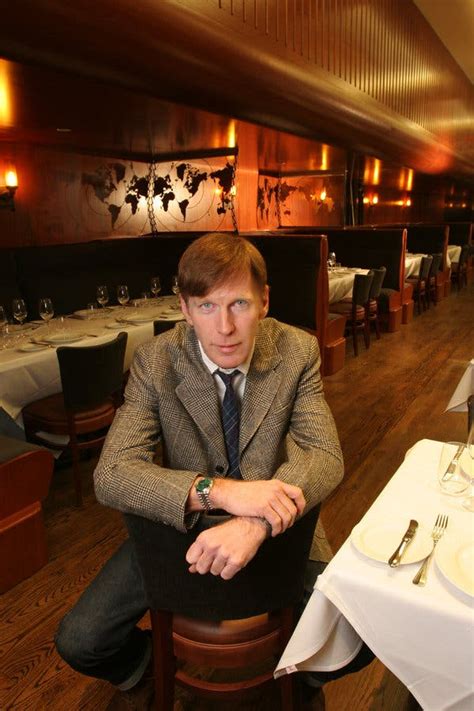A Quote by Vint Cerf
Henry Kissinger once told me he was very concerned about the Internet's impact on people's ability to absorb information in a concentrated way, because we've become accustomed to looking up something, getting a snippet and being satisfied with that - as opposed to reading through and considering a weighty tome that goes into great depth.
Related Quotes
People are worse educated than they used to be. Certainly they are not very interested in reading books, as opposed to watching television, movies. They are used to getting things through the eye and the ear. In a small way, literature goes on being written, but few people like it. Once it's bureaucratized by the schoolteachers, the game's up.
Charlie Rangel is angry about the Iraq war, the one that Henry Kissinger has told us we can't win. Thanks, Henry, but most Americans figured that out before you did. Rangel saw combat in Korea. Kissinger has only seen combat on TV. That might have something to do with why Kissinger thinks our troops should stay in Iraq even though we can't win.
Americans are in need of very objective information, and sometimes it's easier to absorb the message through entertainment and through a great story than through the news outlets [where] everything is sensationalized. Not only are you getting information that sort of defies stereotypes, but you're also getting a wonderful story with hopefully good performances.
But I'm getting to a point where I'm trying to stop reading reviews about myself, only because it's a no-win situation. If they say something nice, you get a little ego pump. But people on the Internet are straight-up cruel, and I'm becoming increasingly uncomfortable reading the ridiculous cruelties that people spit out on the Internet.
While reading writers of great formulatory power — Henry James, Santayana, Proust — I find I can scarcely get through a page without having to stop to record some lapidary sentence. Reading Henry James, for example, I have muttered to myself, "C’mon, Henry, turn down the brilliance a notch, so I can get some reading done." I may be one of a very small number of people who have developed writer’s cramp while reading.
There is so much information that our ability to focus on any piece of it is interrupted by other information, so that we bathe in information but hardly absorb or analyse it. Data are interrupted by other data before we've thought about the first round, and contemplating three streams of data at once may be a way to think about none of them.
Reading is everything. Reading makes me feel like I've accomplished something, learned something, become a better person. Reading makes me smarter. Reading gives me something to talk about later on. Reading is the unbelievably healthy way my attention deficit disorder medicates itself. Reading is escape, and the opposite of escape; it's a way to make contact with reality after a day of making things up, and it's a way of making contact with someone else's imagination after a day that's all too real. Reading is grist. Reading is bliss.
One of the great sadnesses of modern life, because of our disenfranchisement and disillusionment with religion, is that we don't have access to these ideas. Yoga and meditation, for me, is a way of, in this secular world, accessing very very beautiful principles that would perhaps make us happier, at a time when people feel disillusioned with the economy, concerned about the ecology, worried with politicians, and don't trust what they're being told on television.
Once I get on something, once I have something that I'm working on, then I become very obsessive. In a good way. I mean,... is there a positive way to say obsessive? It's a good thing and if you're out there and you're working on something right now and you're crazed and you're up in the middle of the night, or you can't stop thinking about it, or you have to keep reading other things about the subject that you're working on or whatever. That's good and I think that's necessary creatively.
I genuinely think I have a hugging superpower. I'm starting to master the transformative hug. I have a strange memory ability. There's a lot of information that I don't cognitively know, but that seems to rise up at moments of need. That feels like a superpower. Something that nobody knows about me is that I discovered at a young age that I could sing in two tones. I don't do this in performance, because it's something very special to me. But I've learned that it's a practice that goes back far in time.
Book culture has also become something that's kind of incredible to younger people now, because of the Internet. If you go to any of the book fairs - PS1 or the MOCA Book Fair - none of the people are over the age of 40 years old there, and they trade and buy books, because they're almost antiquities at this point. They're not really important, in a way, because the Internet is how information is taken in.





































